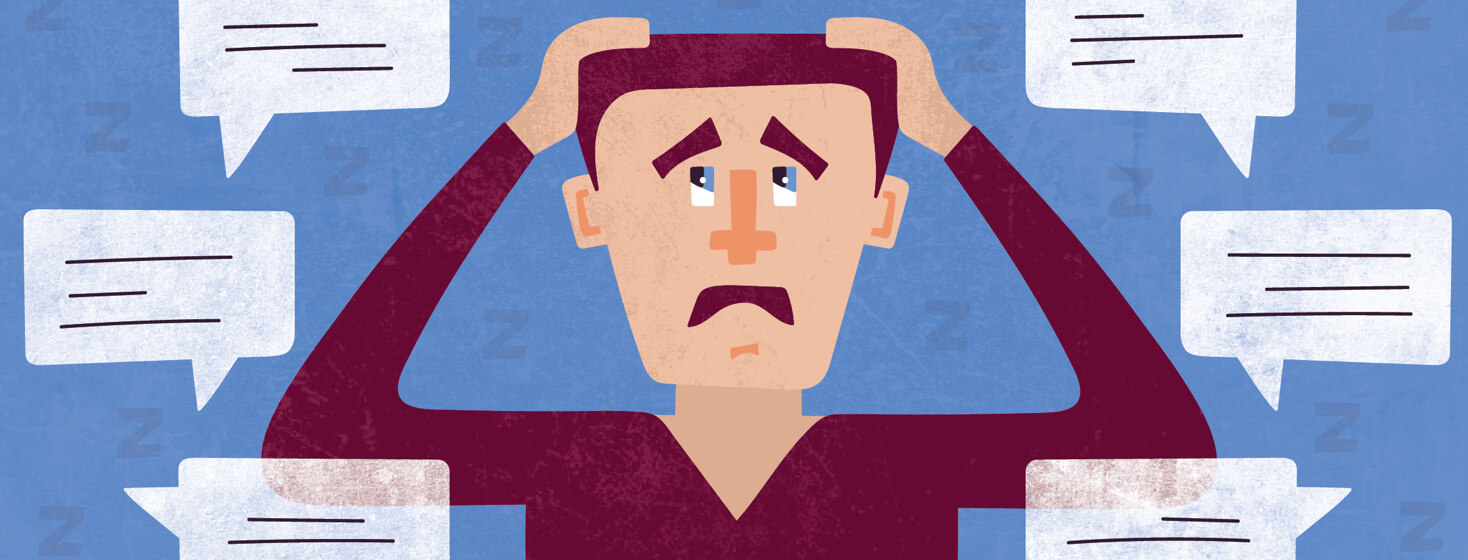Insomnia: The Most Common(ly Misunderstood) Sleep Disorder (Part 2)
Insomnia is the most common sleep disorder. But the word “insomnia” is thrown around so often that it has lost some of its meaning. I talked about the most common areas of confusion regarding diagnosis in the first part of this article.
Another way in which insomnia is misunderstood is in how to address it. This is most obvious when people with insomnia receive unsolicited advice about how to deal with insomnia.
Examples of bad unsolicited advice
Drink less coffee!
People who mean well often advise people with insomnia to practice better sleep hygiene. This includes things like decreasing caffeine intake or limiting blue light exposure. Businesses are eager to help us with our sleep hygiene by selling us expensive mattresses and linens.
But most people with insomnia have already worked on their sleep hygiene. They probably know more about good sleep hygiene than anyone else! Unfortunately, finding the right pillow or white noise machine typically does not cure insomnia.
Use a sleep tracker!
As technology evolves, we have more and more ways to track every aspect of our lives, including our sleep. Oura rings, smartwatches, and smartphone apps all provide engaging ways of tracking sleep. For healthy sleepers, these tools can provide interesting data and motivate users to make healthy changes to their lifestyles.
However, time and time again these products are found to be unhelpful and even inaccurate for people with insomnia disorder. At a minimum, they can increase anxiety for individuals who are already worried about their sleep. At their worst, they can provide inaccurate data and unhelpful suggestions.
Just catch up on sleep during the weekend!
This is some of the worst advice that you can give someone with insomnia disorder. Keeping an inconsistent sleep schedule is one of the major perpetuating factors for insomnia. Going to bed early on some days or staying in bed later on other days can wreak havoc for people with insomnia. In fact, going to sleep and waking up at the same time every day is way more likely to improve insomnia over the long term.
Wait until you have kids...then you’ll really know what being tired feels like!
Minimizing someone’s struggles never helps, and this includes difficulties with sleep. Statements like these imply that the person with insomnia is not really struggling as much as they claim, or that they don’t have a right to complain about their experience.
These types of statements reflect a lack of empathy in addition to a lack of understanding. Also, might I remind you that many parents struggle with insomnia? Being tired is not a contest.
Go to a trustworthy source for advice
If you’ve struggled with insomnia, take others’ suggestions (including mine!) with a giant grain of salt. You’ll probably keep receiving bad advice until we have a better collective understanding of the most common sleep disorder. Until then, find a qualified provider who is familiar with insomnia and how to address it.

Join the conversation